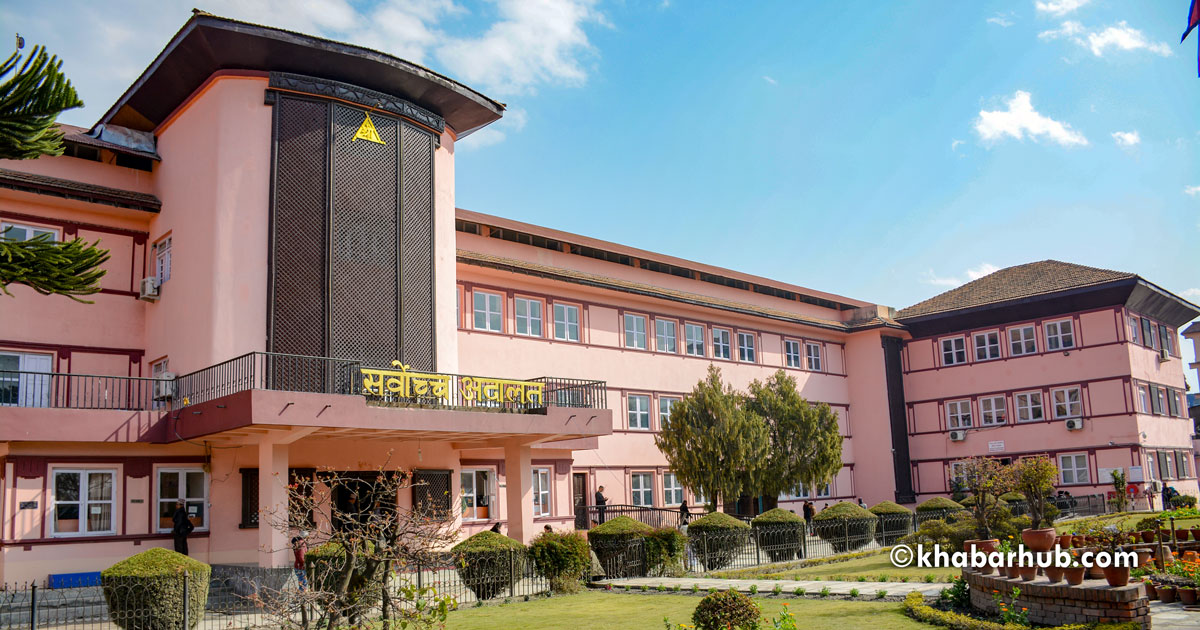KATHMANDU: The Supreme Court has allowed reviewing its own verdict in the Bhatbhateni supermarket’s 10-year-old VAT fraud case.
A division bench comprising Chief Justice Cholendra Shumser Rana and Justice Prakash Dhungana, one and half year ago, had ruled that Bhatbhateni Supermarket had committed tax evasion.
Citing that there seemed some contradictions in the decision, a bench of justices Tej Bahadur KC, Bam Kumar Shrestha and Manoj Sharma on Thursday granted permission for the review of the verdict.
In February 2011, the Inland Revenue Department had raided Bhatbhateni Supermarket and found that it had been evading taxes by presenting fake VAT bills.
After reviewing the documents from 2007 to 2013, the department had said that the store was liable to pay a total of Rs 724.04 million, excluding interest and penalty, to the government in back taxes.
The Inland Revenue Department had at that time investigated the amount of tax evasion by various business houses.
The investigation had revealed that 24 different business establishments and companies, including Bhatbhateni Supermarket, had evaded billions of rupees by showing VAT bills for non-purchasing goods.
Writing a letter to Bhatbhateni, the department had ordered for the payment of tax, interest and fines claiming the supermarket committed fraud.
Min Bahadur Gurung, the director of Bhatbhateni, had appealed to the Director General of the department against the letter.
However, the Director General also announced that Bhatbhateni should pay the tax.
Then Gurung took the case to the Revenue Tribunal. But, the tribunal also found Gurung’s Bhatbhateni guilty.
Finally, Bhatbhateni again went to the Supreme Court two and a half years ago seeking to overturn the tribunal’s decision. However, the apex court had also found him guilty.
After hearing Bhatbhateni’s appeal, the Supreme Court had found him guilty. Now, again listening to Bhatbhateni’s petition, the Court has decided to let the case reviewed.
If the allegations against Bhatbhateni are proved during the review, fines and interest will be added to the amount of Rs 226.7 million every year.









Comment